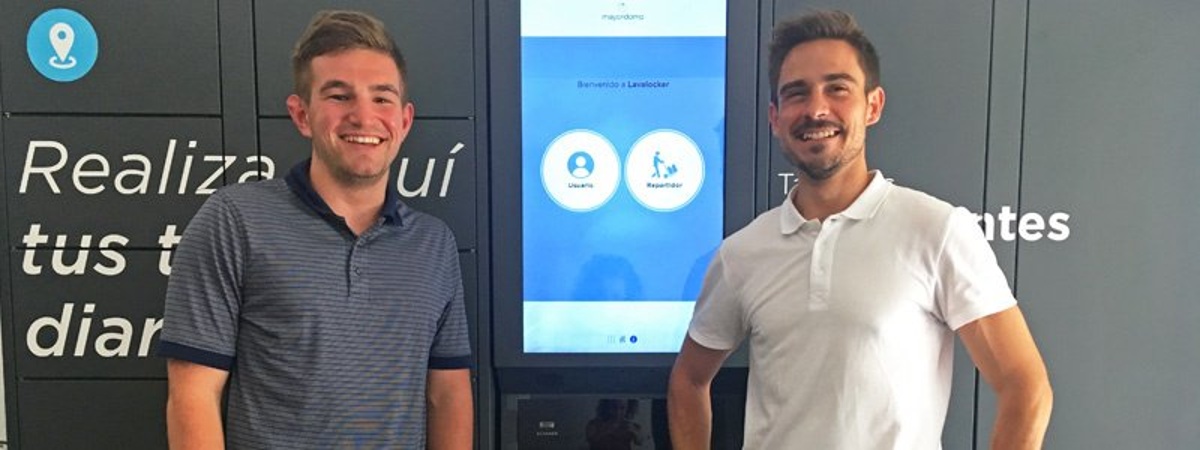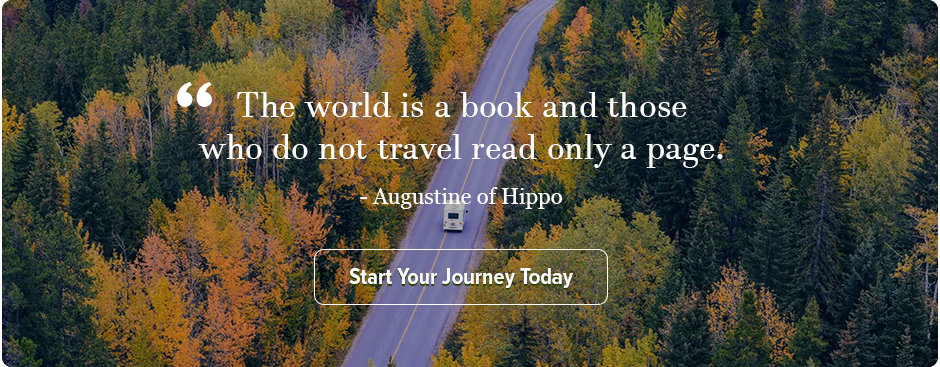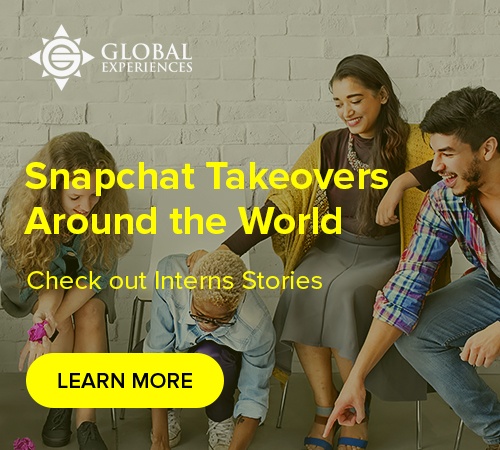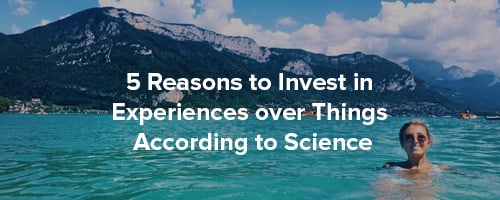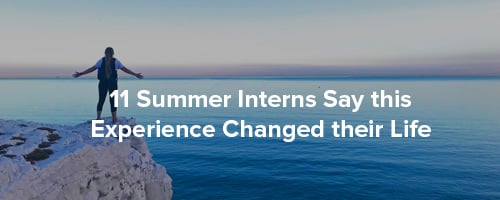Harnessing the power of your strengths requires fully understanding how they manifest, being able to acknowledge when you are using them, and then reflecting on the positive benefits of performing at your best. This self-reinforcing loop is the mechanism by which we self-actualize, or realize our full potential. When you create the opportunities to do what you do best every day, you'll notice profound effects on your career.
Feeling satisfied at the end the day by a job well done is a very human pursuit. In fact, according to Abraham Maslow's hierarchy of needs, after meeting our basic requirements like food, shelter, and a sense of belonging to a community, humans are hard-wired to seek self-actualization. In essence, as humans we naturally strive to be our best in all areas of our life, guided personally and professionally by our inner strengths and goals.
Reflection questions: What do you think that you do best? What do other people say you are good at?
In our career, satisfaction, productivity, and longevity are accomplished when focusing on our strengths. It's quite simple: the happier we are doing our work each day, the more likely we are to sustain the same type of work over time, and the more inclined we are to achieve tasks and goals.
This is the rationale for taking the Clifton StrengthsFinder assessment and a Strengths-based approach to your own personal and professional development. Part four of our Strengths blog series, this blog focuses on the Strategic Thinking Strengths.
Strategic Thinking Strengths
Strategic thinkers are best at analyzing variables, gathering lots of useful information, and then making quick informed decisions based on their analyses. If you possess any of the Strategic Thinking Strengths, you can clearly see the logic in focusing on these Strengths for success! Recall from previous blog posts that the 34 different Strengths themes can be categorized by four domains:
- Strategic Thinking
- Executing
- Relationship Building
- Influencing
These domains are further identified as being either task-oriented or relationship-oriented. Being task-oriented implies that you focus on the tasks that need to be performed in order to meet certain goals, or to achieve a certain performance standard. Relationship-oriented means you are more likely to focus on the satisfaction, motivation, and the general well-being of your teammates.
Naturally, Strategic Thinking (and Executing) Strengths fall under task-oriented since completion of a task and considering outcome measures is the focus. The remaining domains, Relationship Building and Influencing, involve strengths which are relationship focused.
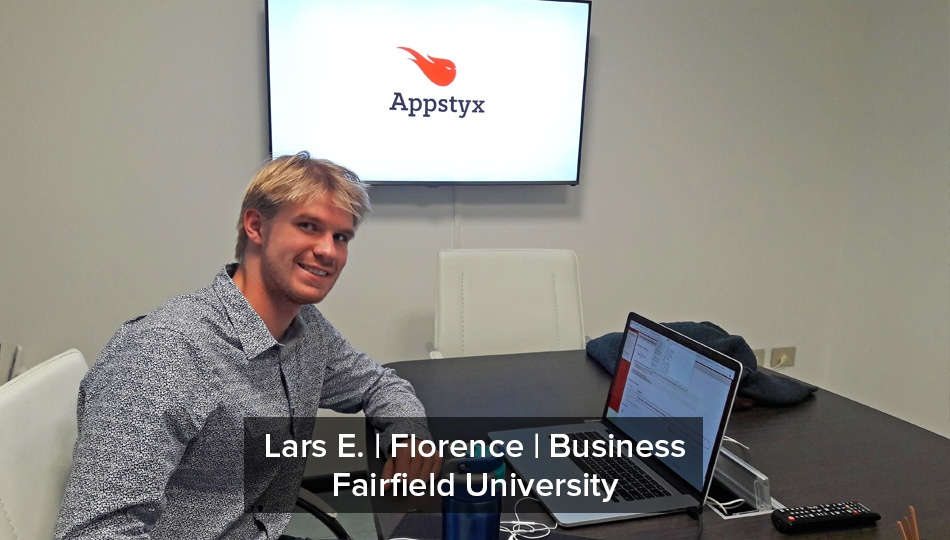
Take a moment to imagine you are engrossed in something at your job. Are you in action? You may have the dominant domain of Executing. Are you speaking with others? Perhaps you are an Influencer. Are you listening and helping someone feel heard or building consensus. It's likely you have mostly Relationship Building Strengths in your top 5.
If the most action or dialogue is happening in your mind, Strategic Thinking skills are likely at play. How do you know someone is learning or filing away useful bits of information? How do you know when someone is analyzing a problem, playing out inference chains, and settling on the best course of action to solve the issue at hand? Strategic thinkers are often difficult to spot, but when they eventually open up with a perfect and novel solution, you will know who they are!
The Strengths themes that fall under the Strategic Thinking are: Analytical, Context, Futuristic, Ideation, Input, Intellection, Learner, and Strategic. Developing strategy to complete tasks binds these themes together. However, the way in which each approaches this is unique. Let’s take a look at a few of these themes to see exactly how they can help a team make good decisions.
Input - craving information
Prior to my current role on Global Experiences’ University Relations team, I served as the London Program Director. I love helping students discover their strengths, and for each group I would identify the top Strength found in everyone’s top 5. My last group in London had Input as their top strength. This group was naturally inquisitive, asking loads of questions at orientation, excited to learn all about London, and interestingly very focused on winning the local pub quiz!
Each week during their internship program they would quiz up and lose, but were determined to learn all they could about British history and culture inching closer to first place each contest. I was astounded and very proud of them when they told at me at our farewell dinner that they had finally won! This is an example of Input in action at it’s best, using a natural thirst for knowledge and an excellent memory to accomplish a goal.
Another example of how the Input strength manifests in a professional environment is this reflection from a Global Experiences’ intern. “I have started an internship with a global sourcing firm that assists companies in finding factories in which to produce their merchandise in Latin America and China. I oversee our clients’ projects utilizing an account management program while updating them on the progress of their orders. As I am very inquisitive and enjoy gathering information, I am a strong researcher as well, and I use this ability to find the ideal factory for each client’s product.”
The student used his Input strength to organize information and then solve the decision-making problem his clients were facing.
Reflection: What other kind of work do you think would be enjoyable for people who have Input and Learner?
Learner - continuously improving
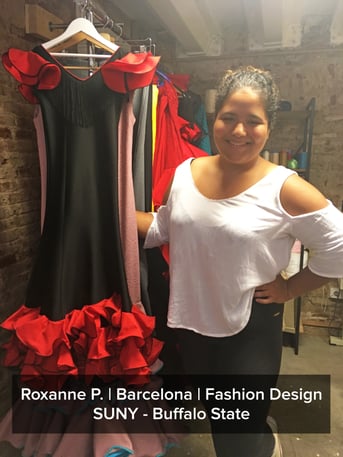 If someone were to say that you should never stop learning in life, they would be speaking directly to the explorer’s heart and curious mind of the Learner. People who find this Strength in their top 5 have a great desire to continuously improve by always learning. By default, the skills they master and expertise they develop make them very effective at helping a team accomplish goals and make good decisions. However, the outcome is not the motivating factor for Learners. They are excited simply by the pursuit of competence and the joyful process of discovering something new.
If someone were to say that you should never stop learning in life, they would be speaking directly to the explorer’s heart and curious mind of the Learner. People who find this Strength in their top 5 have a great desire to continuously improve by always learning. By default, the skills they master and expertise they develop make them very effective at helping a team accomplish goals and make good decisions. However, the outcome is not the motivating factor for Learners. They are excited simply by the pursuit of competence and the joyful process of discovering something new.
Our Associate Director of Institutional Relations, Kelly Holland, is a Learner who loves professional development. She is involved on organizational boards and regularly attends and presents at conferences, including the recent NAFSA Region VIII conference. She is always seeking opportunities to become certified in a new skill through training, whether it be a new version of our client relations management system or Clifton StrengthsFinder. Not to mention, she is a directing member of the Global Leadership League.
When we see Learners on our internship program, these are the interns who tend to research their host company before the interview, focus on being as prepared as possible, and ask great questions in orientation and supervision.
One such student who interned at a drug and alcohol treatment center in Dublin reflected, “I have been learning as much as I can to be prepared – both before I arrived and while I am here. I have been open-minded to learning new skills/observing other people. Learning the clients’ stories helps me to see there are many different types of people.” I’m willing to guess that she had a few Relationship Building Strengths as well in order to help her work with clients at her internship.
Context - learning from the past
Winston Churchill once said, “Those who fail to learn from history are condemned to repeat it.” Perhaps Churchill had the Context Strength as this is a quality of those individuals. Thinking back on the past, researching history, and developing perspectives to better understand the present are highly enjoyable to people who possess the Context Strength. They believe the answers to understanding current issues lie in retrospect. Consider this Global Experiences’ intern’s cover letter statement about how his Context aided him in his internship and how it will positively impact a future employer.
“I learn quickly from my mistakes in order to succeed the most in my future projects. My projects over the past years have progressively gotten better each time because I always take into account the faults that I made from the previous assignments. This skill also helps me in my current internship because I’m able to remember past experiences and use what I learned to enhance current and future conditions to satisfy customers. This ability makes me a strong candidate because I am open to feedback and advice in order to improve as a designer.”
You can imagine that individuals with the Context Strength are frustrated when rushed into quick decisions and aren’t given time to do the necessary background research. Thankfully, Global Experiences has a Program Advisor, Sara Morgan Watters, who takes plenty of time at the end of each internship cycle to determine what was and wasn’t successful and recommending what will need to be changed. Our programs are constantly improving because her Context Strength, and she keeps us learning from our mistakes and making better decisions for future intern experiences.
Futuristic - envisioning what could be
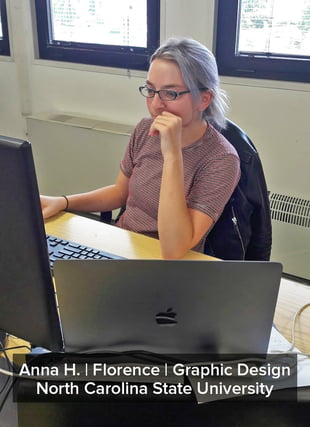 Speaking of the future, we come to the Strength that helps individuals imagine clearly and anticipate what tomorrow could or should be. Their visions are inspirational as they can paint a picture for others which is full of possibility, or predicts new challenges to prepare for now. Consider yourself lucky if your leader is a future-thinker staying ahead of market trends, envisioning the needs of their staff, and dreaming up ideal versions of products and services.
Speaking of the future, we come to the Strength that helps individuals imagine clearly and anticipate what tomorrow could or should be. Their visions are inspirational as they can paint a picture for others which is full of possibility, or predicts new challenges to prepare for now. Consider yourself lucky if your leader is a future-thinker staying ahead of market trends, envisioning the needs of their staff, and dreaming up ideal versions of products and services.
Global Experiences’ Co-Founder and CEO, Emily Merson, is an excellent example of the Futuristic Strength making a positive impact. Years ago when Emily realized that the Global Experiences’ team would be growing due to higher institutional demand for global academic internships, she implemented several organizational development practices that would become hallmarks of GE culture as the staff evolved and expanded.
Her visions of what Global Experiences would look like down the road guided the implementation of our Strengths-based team development, core values, annual retreats, awards, and much more. Indeed, people who are Futuristic often ask, “Wouldn’t it be great if…” For Emily, that question resulted in amazing new programs like San Jose, Costa Rica, launching Summer 2019!
Futuristic people find the notion of a better product, team, company, and life to be very inspirational and thus serve as a source of hope for others when they share their vision. If you are willing to take the time to think about your Strengths, identify how you use them in your everyday life, and work to create opportunities to use your natural talents more regularly, you are on your way to a long and happy career.
If you have mostly Strategic Thinking Strengths, this act of reflection should come quite easily, and you might be inclined to even develop a personal strategic plan. Whether you a Learner who now wants to sign up for a CliftonStrengths certification course or someone with Context who reviews how well you used your strengths in past projects, the path to self-actualization is yours for the taking!
